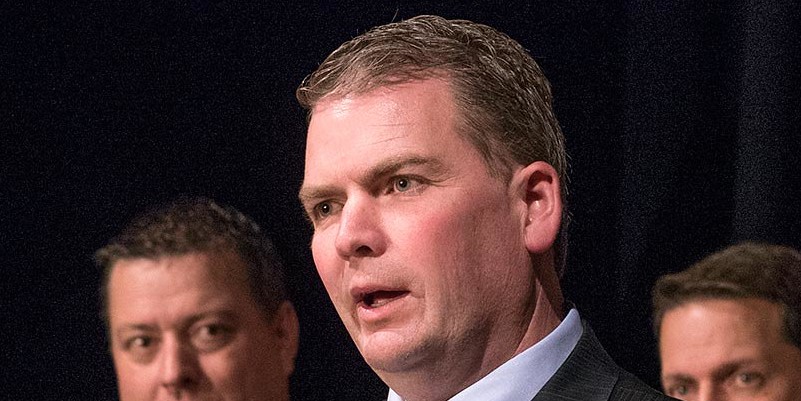P.E.I. government could balance budget with spending restraint

The King government will table its fifth provincial budget shortly after the legislature resumes in late-February. During his tenure, Premier Dennis King has presided over record-high levels of government spending while racking up debt. There’s no time like the present to reverse the government’s weak fiscal track record.
Going into the budget, the government projects a $98.6 million deficit this fiscal year. Measured as a share of the provincial economy, this is the largest budget deficit since the Ghiz government turned on the spending taps with four straight large deficits between 2010 and 2013.
But unlike Ghiz, Premier King has presided over a period of robust provincial revenue growth. Since assuming office, the King government has seen revenues grow by nearly one-third, from $2.2 billion in 2019/20 to more than $3 billion this year. Despite this massive revenue growth, the King government has increased spending even more and currently forecasts no return to balanced budgets until at least the 2026/27 fiscal year.
There are serious consequences to this approach. P.E.I.’s net debt will increase by a projected $884 million between the government’s first budget in 2020/21 and the end of the current forecast in 2025/26. That means higher debt interest costs, which stood at $121 million in 2021 and will rise to a projected $183 million by 2025/26. This is money unavailable for priorities such as health care, education or tax relief.
But there’s good news. The government can reverse course in the upcoming budget.
If the government better aligns revenues with spending, it would position the Island’s finances well for the future. Freezing spending on a per-person basis would likely balance the books. Alternatively, the government could look at spending reductions. Consider that in 2022/23, P.E.I.’s spending was $800 per person higher than in New Brunswick. Matching New Brunswick’s spending levels would eliminate the provincial deficit and generate a modest budget surplus, which could be used for debt reduction and/or tax relief.
To be sure, last year’s budget did include modest tax relief for Island residents, which was much needed given P.E.I.’s personal income tax rates are among the highest in North America. However, most of these measures were temporary. The King government now has an opportunity to set the stage for more substantial reductions by improving its fiscal situation.
Early in his second term in government, Premier King has a track record of free-spending, debt accumulation and growth in the size of government. In the upcoming budget, it’s time to reverse course, balance the budget, and set the Island’s finances on a better track for the future.
Author:
Subscribe to the Fraser Institute
Get the latest news from the Fraser Institute on the latest research studies, news and events.

